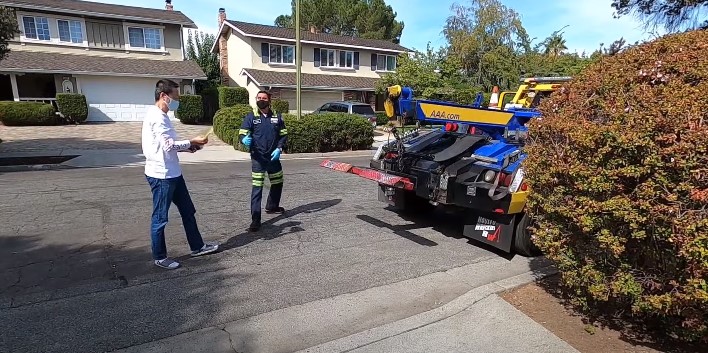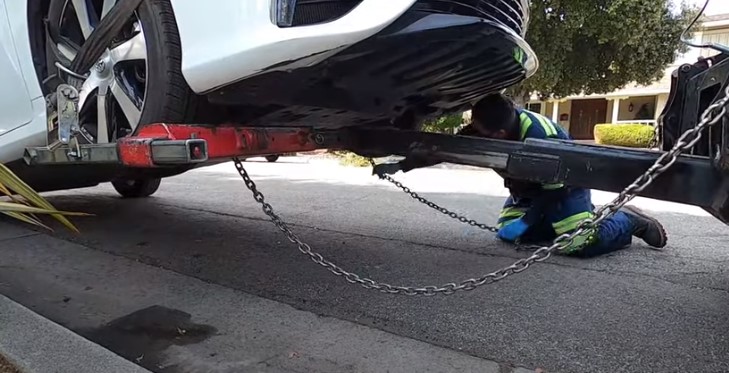Are you curious about the price tag attached to towing your car over a long distance? Brace yourself as we dive into the world of towing expenses.
We will explore the average costs associated with towing a vehicle 100 miles, uncovering the factors that influence the final bill. Let’s embark on this financial journey together.
How Much Does It Cost to Tow a Car 100 Miles?
On average, towing a car 100 miles can set you back anywhere between $250 and $700. However, it’s important to note that these rates are not set in stone. The final cost hinges on several variables.
Moreover, if your vehicle requires winching or if the tow is a result of a collision, be prepared for potential additional expenses.
What are the Factors That Affect the Overall Cost to Tow a Car 100 Miles?
Several factors come into play when determining the overall cost of towing a car 100 miles. Understanding these factors can help you anticipate and budget for potential expenses. Here are some key elements that can influence the final towing bill:

Distance
The distance to be covered is a significant factor in determining the cost. Towing a car 100 miles will generally be more expensive than a shorter distance due to the time, fuel, and wear and tear involved.
Towing Company
Different towing companies have varying pricing structures and policies. Rates can vary based on factors such as reputation, location, equipment used, and level of service provided. It’s essential to research and compare multiple towing companies to find the best balance between cost and quality.
Type of Towing
The reason for the tow can impact the cost. If your car is being towed due to a breakdown or mechanical issue, it may be a standard towing situation.
However, if your vehicle is involved in a collision or requires specialized equipment like a flatbed tow truck, the cost may increase due to the complexity of the job.
Additional Services
Additional services required during the towing process can add to the overall cost. For example, if your car needs to be winched out of a difficult situation like a ditch or tight space, expect an extra charge.

Similarly, if your vehicle requires extra precautions or specialized handling due to its size, weight, or condition, additional fees may apply.
Time of Day and Week
Towing rates can vary based on the time of day and week. Some towing companies may charge more for emergency or after-hours services, especially during weekends or holidays. It’s essential to inquire about any potential surcharges for non-standard operating hours.
Weather and Traffic Conditions
Unfavorable weather conditions or heavy traffic can impact the overall cost. Adverse weather like storms, floods, or extreme heat [1] may require extra precautions or equipment, leading to higher charges.
Additionally, if traffic congestion is expected along the towing route, it may result in longer travel times and increased costs.

Membership or Insurance Coverage
If you have a roadside assistance membership or specific insurance coverage that includes towing services, you may be eligible for discounts or partial reimbursement.
It’s worth reviewing your policy or contacting your provider to understand the extent of your coverage and any associated costs.
By considering these factors, you can estimate the potential expenses involved in towing your car 100 miles. It’s crucial to reach out to towing companies, provide them with accurate information about your situation, and obtain detailed quotes before making a final decision.
Taking the time to research and compare options will help ensure you find a reputable towing service that offers a fair price for your specific needs.
Conclusion
Navigating the world of towing costs for a 100-mile journey can be a rollercoaster ride. From distance and towing companies to weather conditions and additional services, various factors shape the final bill.
By understanding these influences, you can approach the task with knowledge and make informed decisions. Safe travels, and may your towing adventures be budget-friendly.

